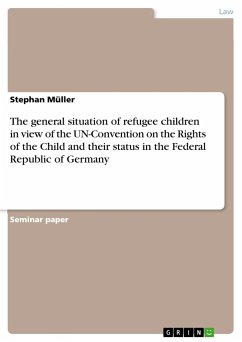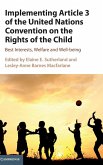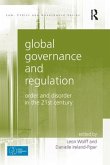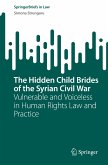The Hague Convention on Civil Aspects of
International Child Abduction has given rise to
considerable interest, inevitably, throughout the
world regardless of whether the countries who are
forced to take an interest are or are not States
parties. In recent times, world issues continue to
impinge on the operation of the Convention. One such
aspect has been the influence of matters in
jurisdictions which have suffered both internal and
external civil disorders, including disruptions which
might legitimately be classified as involving parts
of jurisdictions, notably Israel, as being zones of war.
This monograph seeks to consider the reaction of
courts in the United Kingdom, Australia and the
United States to this state of affairs. At the same
time, the complexities therein involved require
issues peripheral to the central issue, but
especially germane to the general operation of the
Convention to be taken into account. Issues of policy
and reform are, consequently urged and discussed. All
of this necessitates an analysis of and commentary on
comparative case law and literature.
It should be of interest and importance to scholars
and practitioners of international family law.
International Child Abduction has given rise to
considerable interest, inevitably, throughout the
world regardless of whether the countries who are
forced to take an interest are or are not States
parties. In recent times, world issues continue to
impinge on the operation of the Convention. One such
aspect has been the influence of matters in
jurisdictions which have suffered both internal and
external civil disorders, including disruptions which
might legitimately be classified as involving parts
of jurisdictions, notably Israel, as being zones of war.
This monograph seeks to consider the reaction of
courts in the United Kingdom, Australia and the
United States to this state of affairs. At the same
time, the complexities therein involved require
issues peripheral to the central issue, but
especially germane to the general operation of the
Convention to be taken into account. Issues of policy
and reform are, consequently urged and discussed. All
of this necessitates an analysis of and commentary on
comparative case law and literature.
It should be of interest and importance to scholars
and practitioners of international family law.








